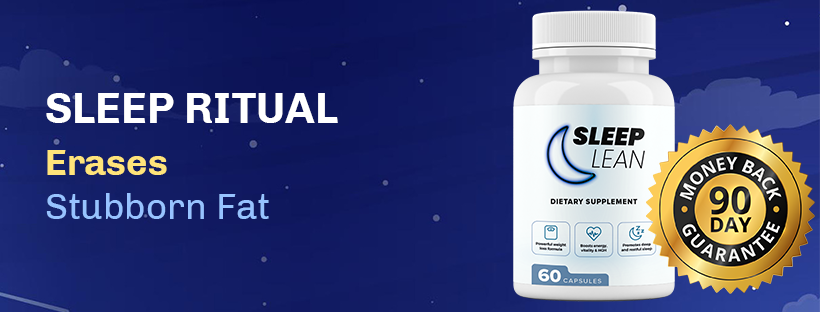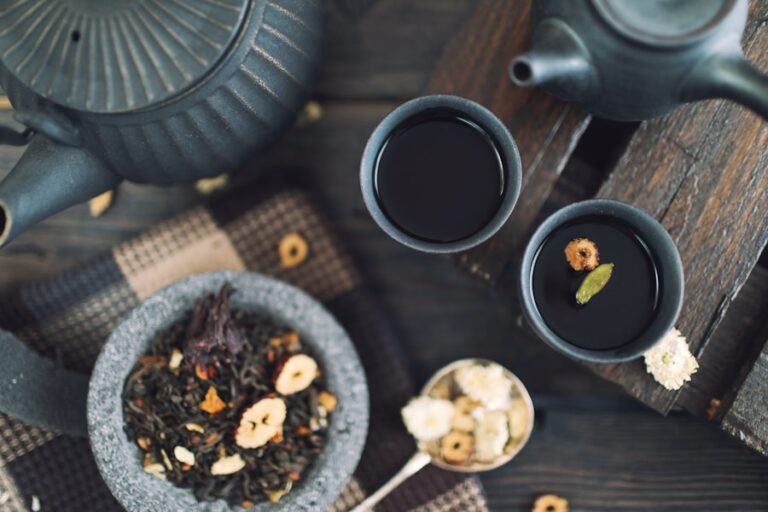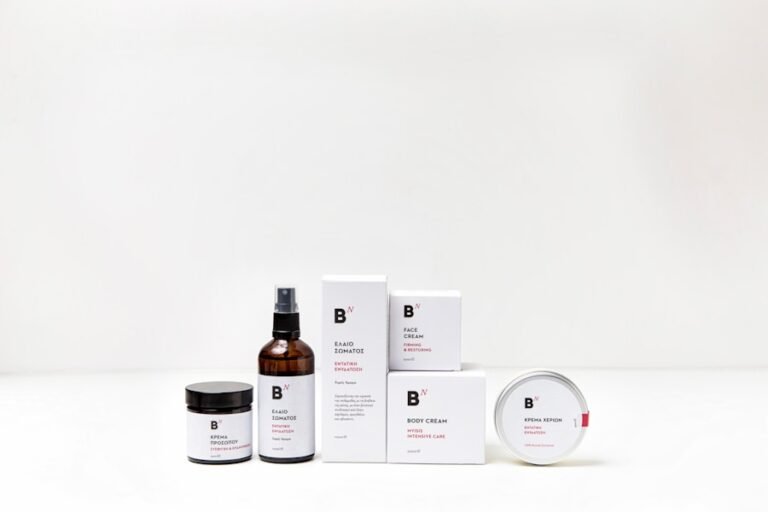Discover the Power of Home Remedies for High Blood Pressure: A Comprehensive Guide
High blood pressure, also known as hypertension, is a common medical condition that affects millions of people worldwide. It occurs when the force of blood against the walls of the arteries is too high, putting strain on the heart and blood vessels. Blood pressure is measured in millimeters of mercury (mmHg) and is expressed as two numbers: systolic pressure over diastolic pressure. A normal blood pressure reading is around 120/80 mmHg.
There are several factors that can contribute to high blood pressure, including genetics, age, obesity, lack of physical activity, excessive alcohol consumption, and a diet high in sodium and saturated fats. In some cases, high blood pressure can also be a result of an underlying medical condition such as kidney disease or hormonal disorders.
Symptoms of high blood pressure are often silent, which is why it is often referred to as the “silent killer.” However, some individuals may experience symptoms such as headaches, dizziness, shortness of breath, and chest pain. It is important to get regular check-ups and have your blood pressure monitored to detect any potential issues.
The Dangers of High Blood Pressure
High blood pressure can have serious health complications if left untreated. It puts strain on the heart and blood vessels, increasing the risk of heart disease, stroke, and kidney damage. Over time, the constant high pressure can cause damage to the arteries, leading to atherosclerosis (hardening of the arteries) and increasing the risk of heart attack and stroke.
In addition to cardiovascular complications, high blood pressure can also affect other organs in the body. It can damage the blood vessels in the eyes, leading to vision problems or even blindness. It can also affect the kidneys, leading to kidney failure or chronic kidney disease.
Managing high blood pressure is crucial to prevent these long-term effects on the body. Lifestyle changes and home remedies can play a significant role in controlling blood pressure and reducing the risk of complications.
The Benefits of Home Remedies for High Blood Pressure
Using home remedies for high blood pressure can have several advantages. Firstly, they are often cost-effective and accessible options. Many natural remedies can be found in your kitchen or local grocery store, making them a convenient and affordable choice.
Secondly, home remedies generally have minimal side effects compared to medication. Prescription medications for high blood pressure can sometimes cause unwanted side effects such as dizziness, fatigue, and sexual dysfunction. Natural remedies, on the other hand, are generally safe and well-tolerated when used correctly.
Lastly, home remedies can be used in conjunction with medication or as a standalone treatment. They can help to lower blood pressure and reduce the need for medication or allow individuals to take lower doses of medication, minimizing the risk of side effects.
Lifestyle Changes for Managing High Blood Pressure
One of the most important aspects of managing high blood pressure is adopting healthy lifestyle habits. These habits can have a significant impact on blood pressure levels and overall cardiovascular health.
Regular physical activity is crucial for managing high blood pressure. Exercise helps to strengthen the heart and improve blood flow, reducing the strain on the arteries. Aim for at least 150 minutes of moderate-intensity aerobic activity or 75 minutes of vigorous-intensity aerobic activity per week. This can include activities such as brisk walking, cycling, swimming, or dancing.
Stress management is also important for managing high blood pressure. Chronic stress can contribute to elevated blood pressure levels. Find healthy ways to manage stress such as practicing relaxation techniques like meditation or deep breathing exercises. Engaging in hobbies, spending time with loved ones, and getting enough sleep can also help to reduce stress levels.
Quitting smoking and reducing alcohol intake are also crucial for managing high blood pressure. Smoking damages the blood vessels and increases the risk of heart disease. Alcohol, when consumed in excess, can raise blood pressure levels. Limit alcohol consumption to moderate levels (up to one drink per day for women and up to two drinks per day for men) or consider quitting altogether.
The Role of Diet in Lowering High Blood Pressure
Diet plays a significant role in managing high blood pressure. Certain foods can help to lower blood pressure levels, while others can contribute to elevated levels.
A high blood pressure diet should include plenty of fruits, vegetables, whole grains, lean proteins, and healthy fats. These foods are rich in nutrients such as potassium, magnesium, and fiber, which have been shown to help lower blood pressure.
Foods that are high in sodium should be limited or avoided as they can raise blood pressure levels. Processed foods, fast food, canned soups, and condiments are often high in sodium. Aim to consume less than 2,300 milligrams of sodium per day (or 1,500 milligrams if you have high blood pressure).
A plant-based diet has been shown to be particularly beneficial for managing high blood pressure. Plant-based diets are rich in fruits, vegetables, whole grains, legumes, and nuts, which are all nutrient-dense and low in sodium. They also tend to be lower in saturated fats and cholesterol compared to animal-based diets.
Herbal Remedies for High Blood Pressure
Herbs have been used for centuries to manage various health conditions, including high blood pressure. Some herbs have been found to have properties that can help lower blood pressure levels.
Popular herbs for managing high blood pressure include garlic, hawthorn berry, olive leaf extract, and hibiscus. Garlic has been shown to have a mild blood pressure-lowering effect and may help to relax the blood vessels. Hawthorn berry has been used traditionally to support cardiovascular health and may help to improve blood flow. Olive leaf extract contains compounds that have been shown to help lower blood pressure. Hibiscus tea has also been found to have a mild blood pressure-lowering effect.
When using herbs for high blood pressure, it is important to use them safely and effectively. Consult with a healthcare provider or herbalist to determine the appropriate dosage and duration of use. Some herbs may interact with medications or have potential side effects, so it is important to seek professional guidance.
Essential Oils for High Blood Pressure
Essential oils are concentrated plant extracts that contain the aromatic compounds of the plant. They have been used for centuries for their therapeutic properties, including their ability to promote relaxation and reduce stress.
Certain essential oils have been found to have benefits for managing high blood pressure. Lavender oil, for example, has been shown to have a calming effect on the nervous system and may help to lower blood pressure levels. Ylang ylang oil has also been found to have a relaxing effect and may help to reduce stress and anxiety, which can contribute to high blood pressure.
When using essential oils for high blood pressure, it is important to use them safely and effectively. Essential oils should always be diluted before applying them to the skin or inhaling them. Consult with a healthcare provider or aromatherapist for guidance on how to use essential oils safely and effectively.
Exercise and Physical Activity for High Blood Pressure
Regular exercise is crucial for managing high blood pressure. It helps to strengthen the heart, improve blood flow, and reduce the strain on the arteries.
Aerobic exercise, such as brisk walking, jogging, cycling, or swimming, is particularly beneficial for lowering blood pressure levels. Aim for at least 150 minutes of moderate-intensity aerobic activity or 75 minutes of vigorous-intensity aerobic activity per week.
Strength training exercises can also be beneficial for managing high blood pressure. They help to build lean muscle mass, which can improve overall cardiovascular health. Incorporate strength training exercises at least two days per week, targeting all major muscle groups.
In addition to aerobic and strength training exercises, incorporating physical activity into your daily routine can also help to lower blood pressure levels. Take the stairs instead of the elevator, park further away from your destination and walk, or take short breaks throughout the day to stretch and move around.
Stress Management Techniques for High Blood Pressure
Stress management is an important aspect of managing high blood pressure. Chronic stress can contribute to elevated blood pressure levels and increase the risk of heart disease.
There are several techniques that can help to reduce stress and promote relaxation. Meditation is a practice that involves focusing your attention and eliminating the stream of thoughts that may be causing stress. Deep breathing exercises can also help to activate the body’s relaxation response and reduce stress levels.
Engaging in hobbies or activities that you enjoy can also help to reduce stress. Whether it’s reading, gardening, painting, or playing a musical instrument, finding time for activities that bring you joy can have a positive impact on your overall well-being.
Getting enough sleep is also crucial for managing stress and blood pressure levels. Aim for 7-9 hours of quality sleep per night. Establish a bedtime routine, create a comfortable sleep environment, and limit exposure to electronic devices before bed.
Natural Supplements for High Blood Pressure
In addition to lifestyle changes and home remedies, natural supplements can also be used to help manage high blood pressure. However, it is important to use supplements safely and effectively.
Popular supplements for managing high blood pressure include omega-3 fatty acids, coenzyme Q10 (CoQ10), magnesium, and potassium. Omega-3 fatty acids have been found to have a modest blood pressure-lowering effect and may help to reduce inflammation in the body. CoQ10 is an antioxidant that helps to support cardiovascular health and may help to lower blood pressure levels. Magnesium and potassium are minerals that play a role in regulating blood pressure and may help to lower levels when consumed in adequate amounts.
When using supplements for high blood pressure, it is important to consult with a healthcare provider. They can help determine the appropriate dosage and duration of use based on your individual needs and health status. Some supplements may interact with medications or have potential side effects, so it is important to seek professional guidance.
Taking Control of Your Health with Home Remedies for High Blood Pressure
Managing high blood pressure is crucial for preventing complications and maintaining overall health. Home remedies, such as lifestyle changes, diet modifications, herbal remedies, essential oils, exercise, stress management techniques, and natural supplements, can all play a role in controlling blood pressure levels.
It is important to work with a healthcare provider when managing high blood pressure. They can provide guidance on the most appropriate treatment options for your individual needs and monitor your progress over time. They can also help to identify any underlying medical conditions that may be contributing to high blood pressure.
By taking control of your health and incorporating home remedies into your daily routine, you can effectively manage high blood pressure and reduce the risk of complications. Remember to be consistent with your efforts and make healthy choices a priority. With time and dedication, you can achieve optimal blood pressure levels and improve your overall well-being.









